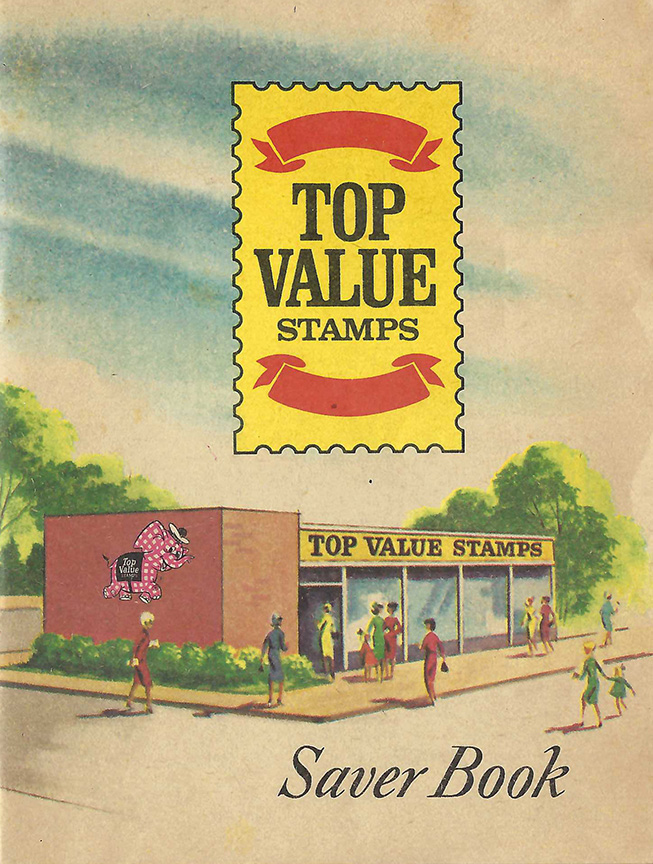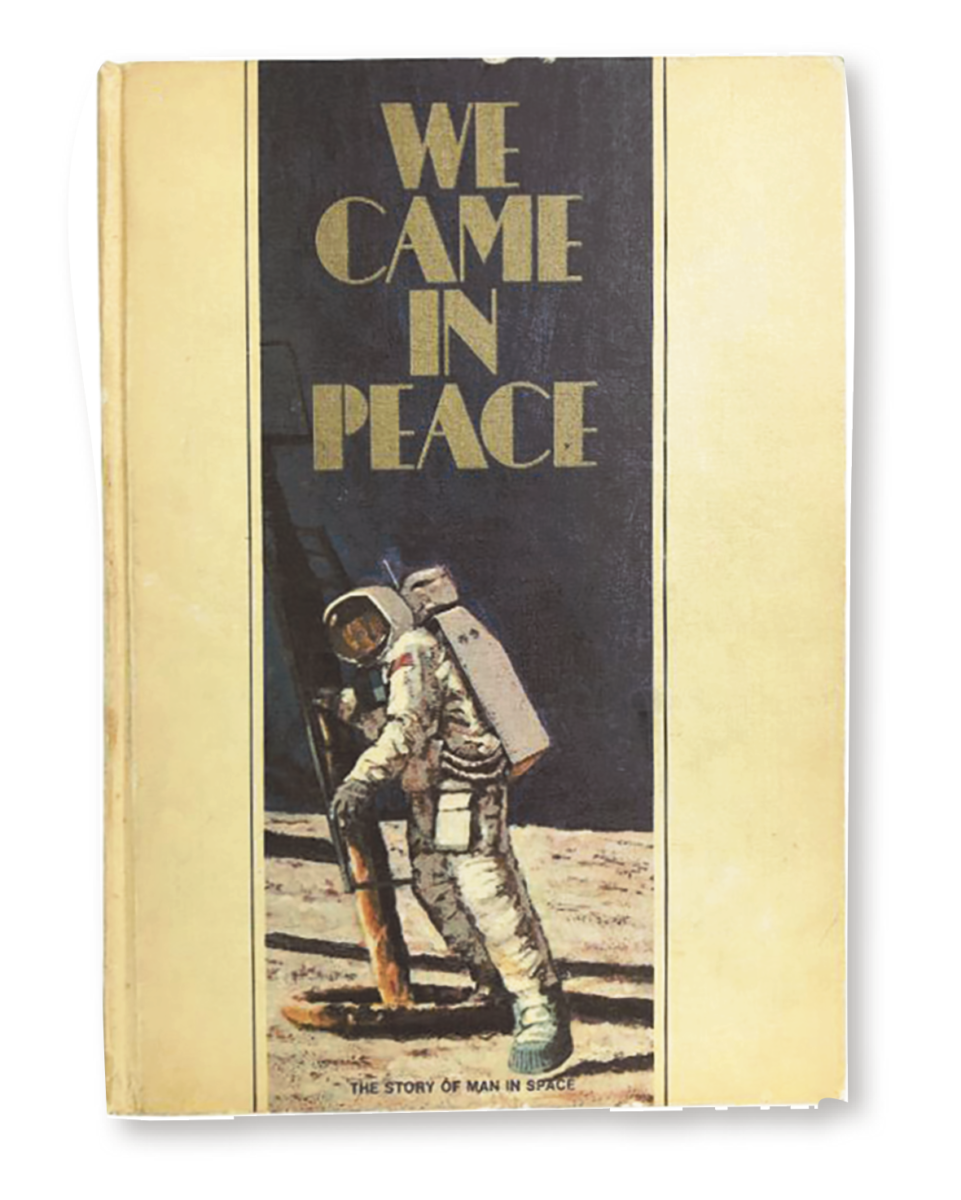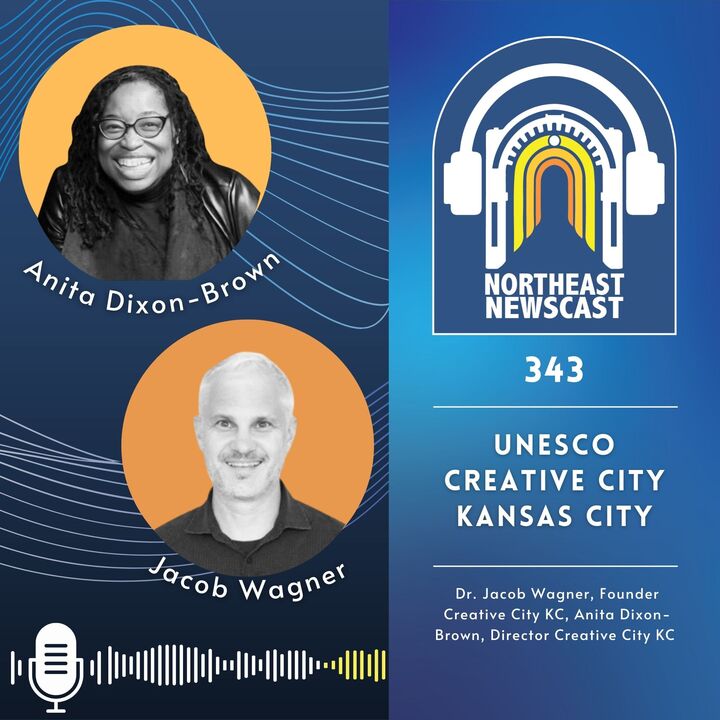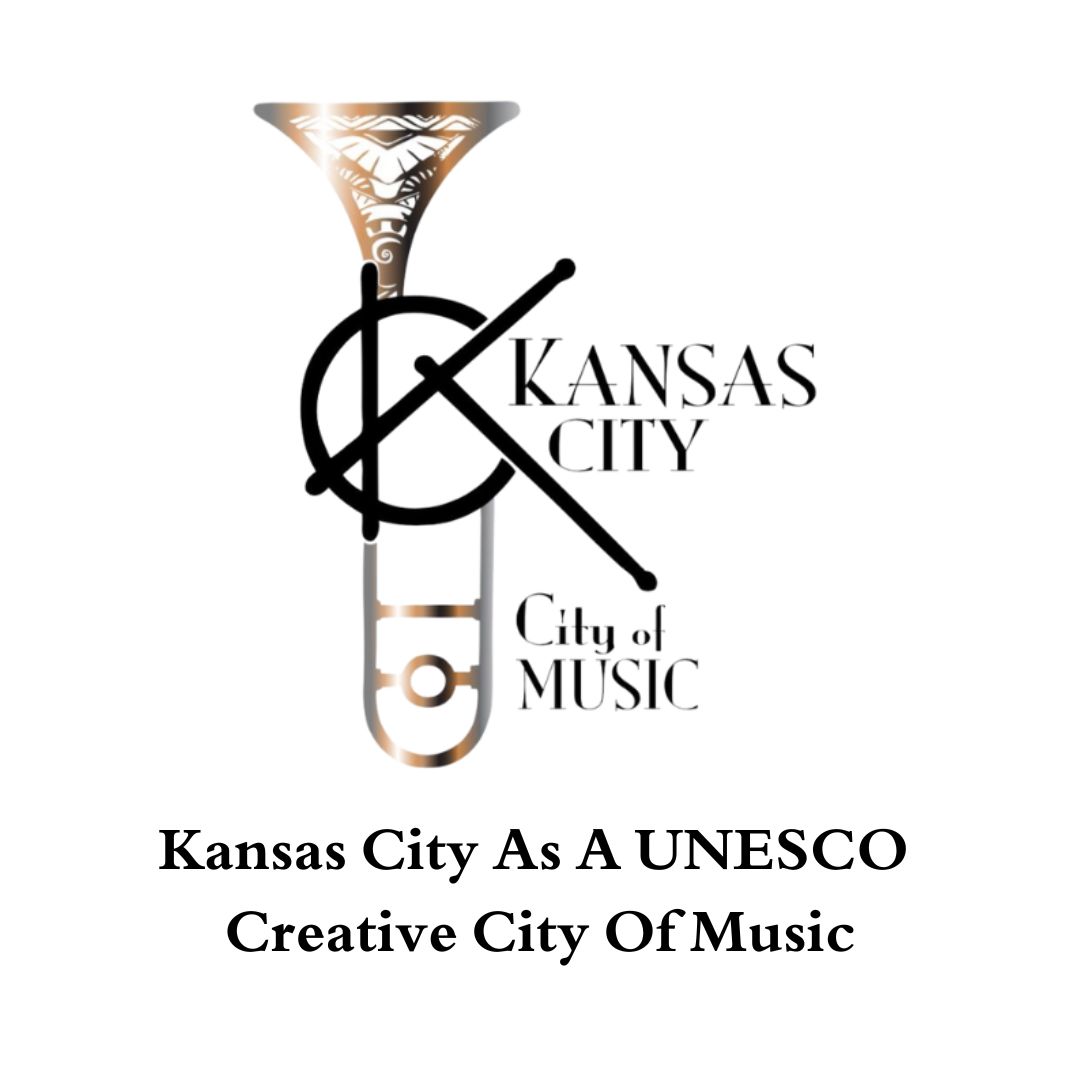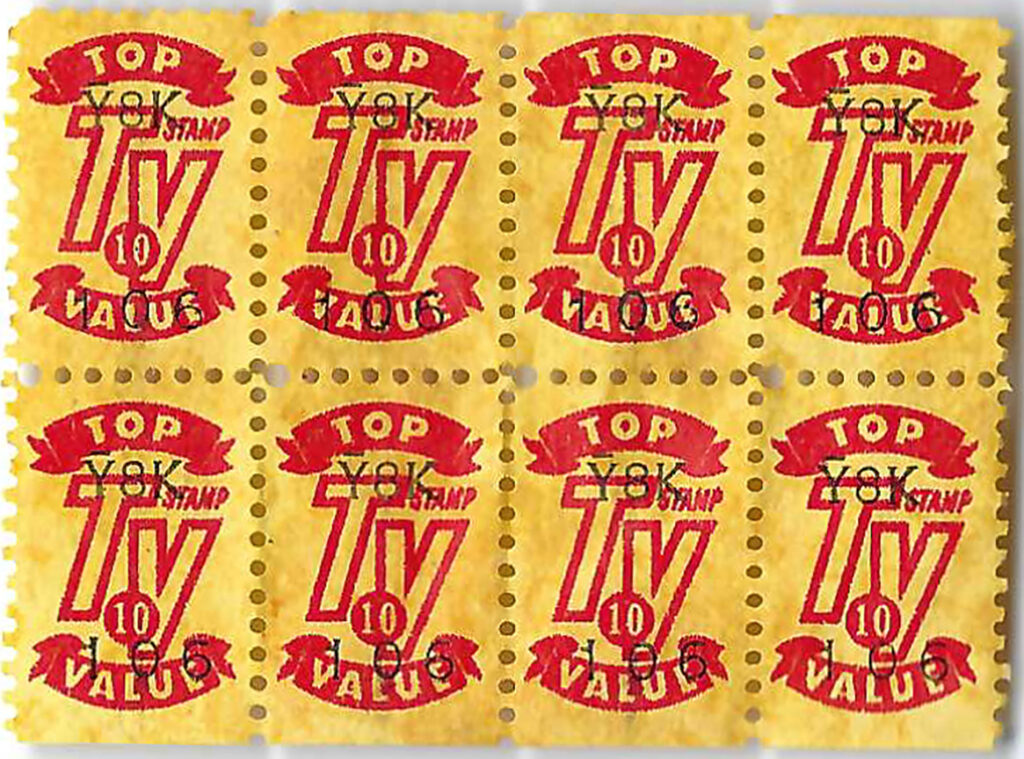
Dorri Partain
Contributor
Lick ’em, stick ’em, save ’em and trade ’em for quality merchandise – it was like getting new items completely free.
Commonly called “trading stamps,” merchants across America offered savings stamps based on the amount of the customer’s purchase. The more one purchased, the more stamps were obtained for the cash transaction.
Stamps were pasted into savings books and when full, could be redeemed at a redemption center chock-full of name brand items, from household goods to appliances, home decor and toys. Depending on the merchant, the stamps offered could be Gold Bond, S&H Green Stamps, or Top Value, among others.
Grocers, drug stores, and gas stations posted signage outside to denote which type of saving stamps were offered. Locally, Top Value stamps were available at Kroger’s supermarkets.
Savings stamp programs began in the 1950’s as an incentive program for shoppers to purchase goods with cash, instead of store credit. Thrifty homemakers quickly saw the extra value in the time-consuming process of collecting stamps, sticking the correct denominations on the saving book’s pages, and calculating how many books were needed to obtain the items in the annual product catalog.
In addition to name brand items, Top Value also offered various products featuring their pink plaid elephant cartoon mascot. Toppie wore a Tam O’Shanter style cap, and appealed to children on products including a metal lunch box, toy cash register and stuffed animals.
Top Value stamps also had a Group Saving Plan in which schools, churches and civic groups could redeem savings books for larger items such as school buses, pianos or kitchen equipment. One of the most unusual group purchases involved the collection of 1,000 savings books by the West Palm Beach Firemen’s Benevolent Association to purchase a young elephant for the city’s zoo; the acquired elephant was then named Toppie.
Top Value went out of business in the early 1980’s and S&H redemption centers would accept savings books for those left with unredeemed Top Value books, before they also ceased business.
